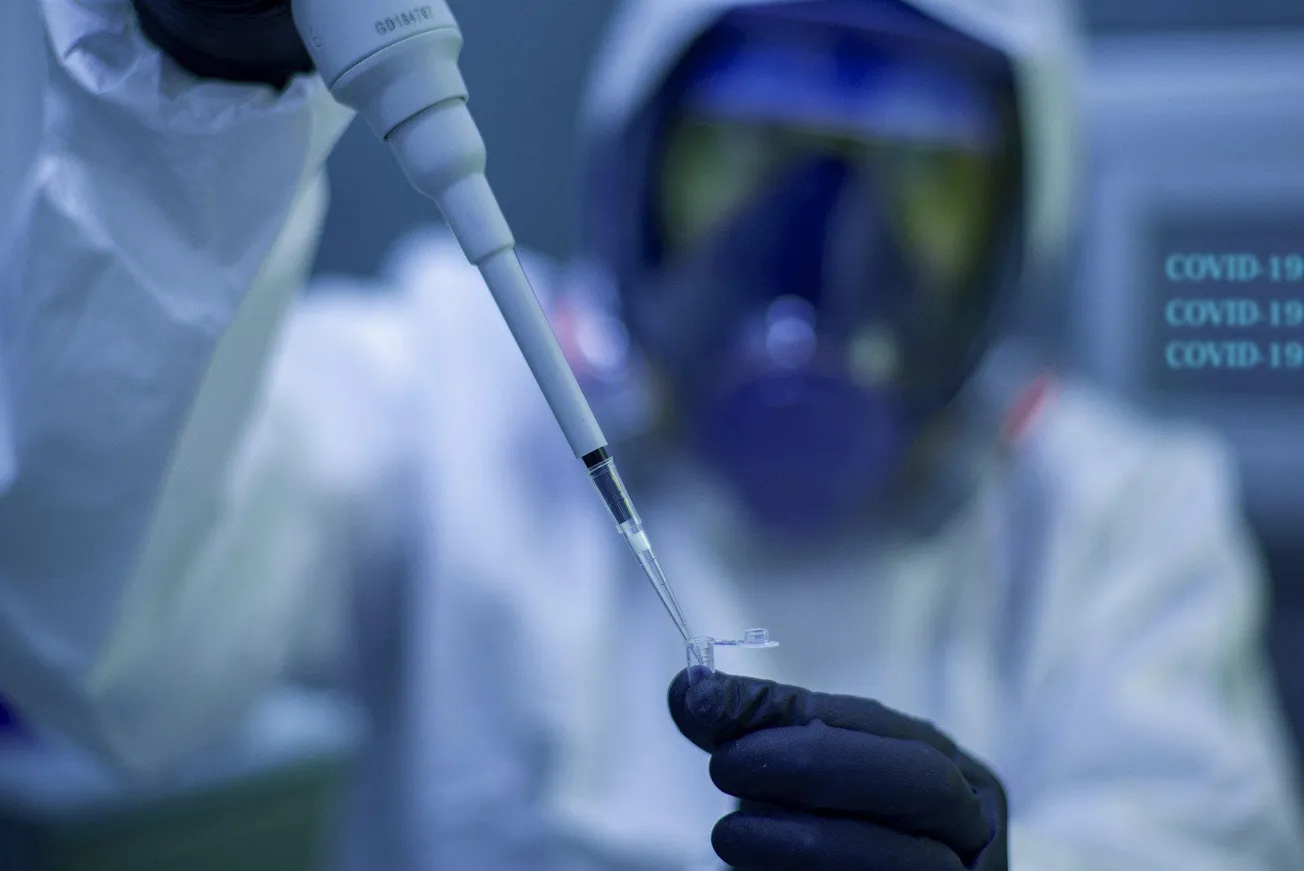Those claiming that there is a “casedemic” of exaggerated claims of COVID cases based on inaccurate PCR tests have recently put a feather in their cap with a press release from the CDC announcing that it was discontinuing its PCR Diagnostic Panel. Painting this decision as a deep mystery in need of investigation, Zero Hedge titles its coverage, “Why Is the CDC Quietly Abandoning the PCR Test for COVID?”
But this announcement does not mean that the CDC has abandoned PCR testing in general, or that it no longer considers PCR a meaningful testing technique.
CDC is simply announcing that it will no longer continue to produce the test kits that it had first developed (with a famously poor rollout including missing or incorrect ingredients) in February 2020. Since there are dozens if not hundreds of other PCR test kits available on the market, there is no reason for the CDC to continue to manufacture its own kit. This is a nothingburger.
On PCR testing, it is true that testing is often set to such a high sensitivity that it picks up false positives — bits and bobs of DNA that may or may not be part of “live” SARS-CoV-2 — and that a lower sensitivity would better draw the line between who is infectious and who is not. But this excessive sensitivity is certainly not driving a wild overestimation of COVID cases.
Until the recent spike in cases, Iceland, for example, had positive test results that were below 0.5%, including many days below 0.1%. Since it is mathematically impossible for the false positive rate to exceed the reported positive rate, this is one empirical example of setting a ceiling on the number of PCR positive results that are not actual COVID cases. It’s a small number.




